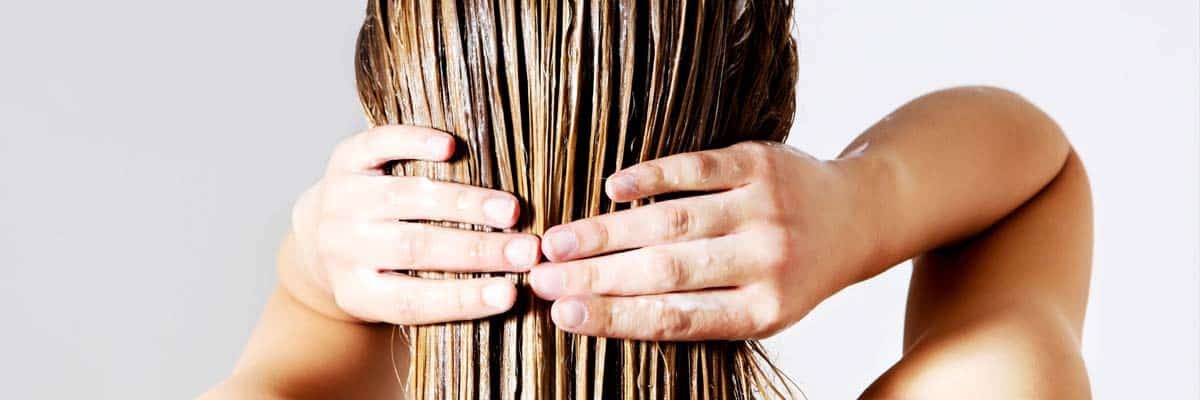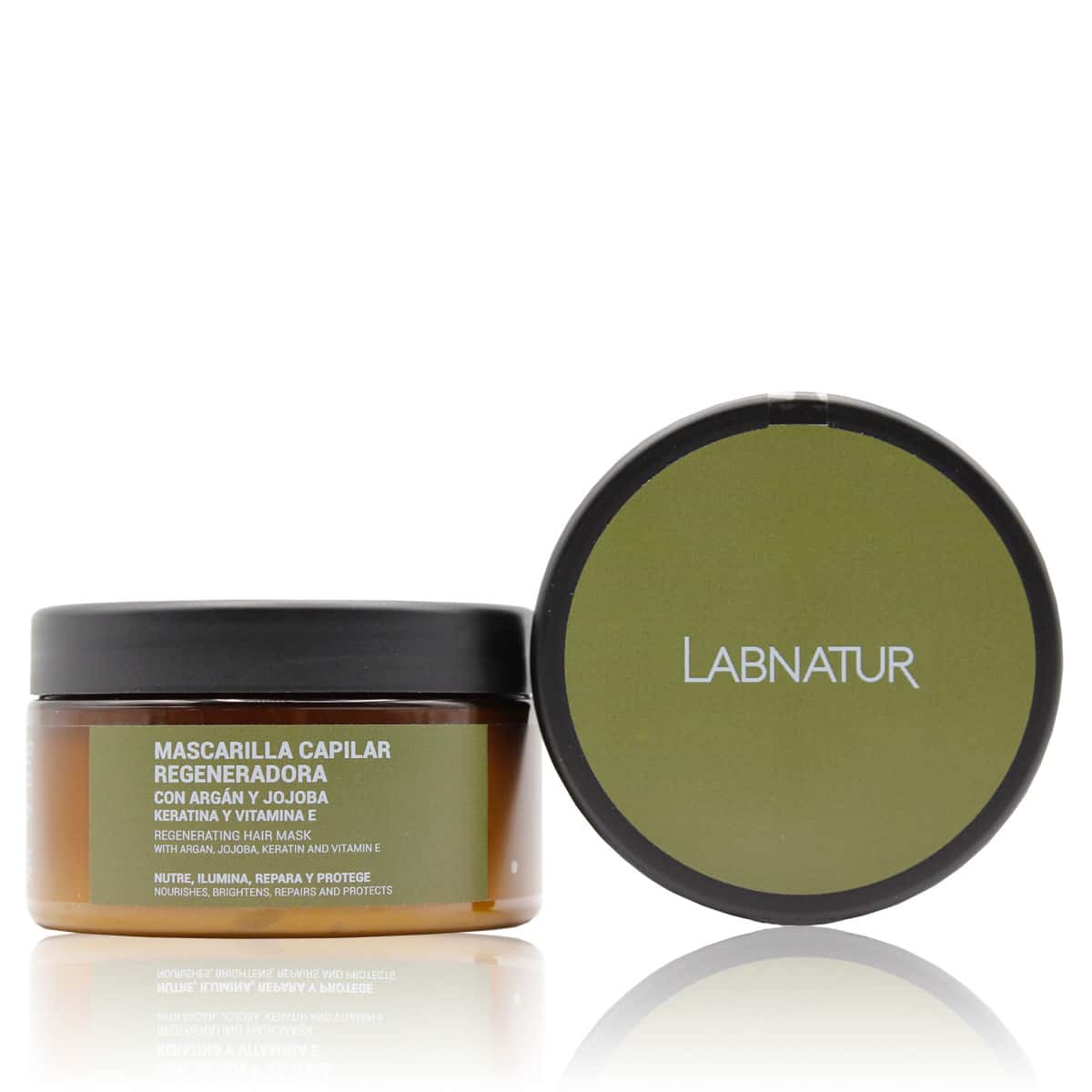
Hair Masks
- Shopping Cart
Al visitar nuestro sitio web, das tu consentimiento para que utilicemos cookies con fines de análisis, relevancia y publicidad.
Privacy & Cookies Policy
Resumen de privacidad
Este sitio web utiliza cookies para mejorar su experiencia mientras navega por el sitio web. Fuera de estas cookies, las cookies que se clasifican como necesarias se almacenan en su navegador, ya que son esenciales para el funcionamiento de las funcionalidades básicas del sitio web. También utilizamos cookies de terceros que nos ayudan a analizar y comprender cómo utiliza este sitio web. Estas cookies se almacenarán en su navegador solo con su consentimiento. También tiene la opción de optar por no recibir estas cookies. Pero la exclusión voluntaria de algunas de estas cookies puede afectar su experiencia de navegación.
Para saber más mire las políticas aquí
Para saber más mire las políticas aquí
